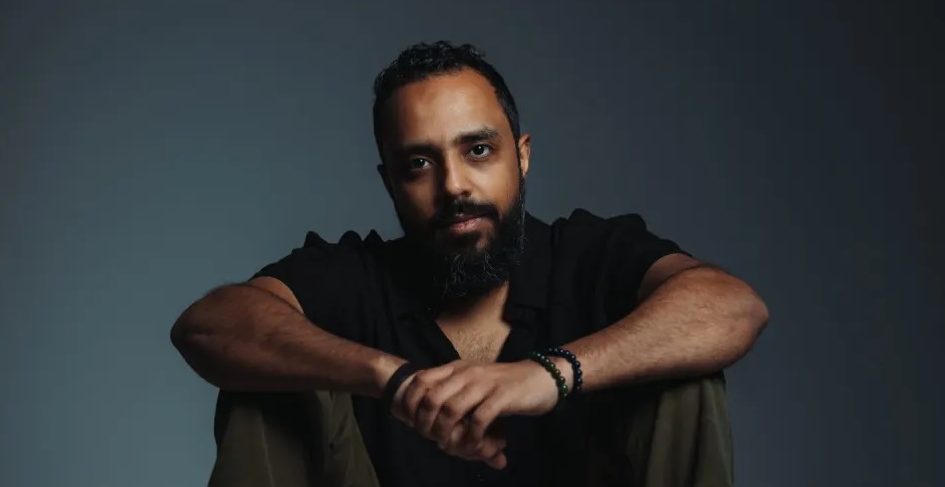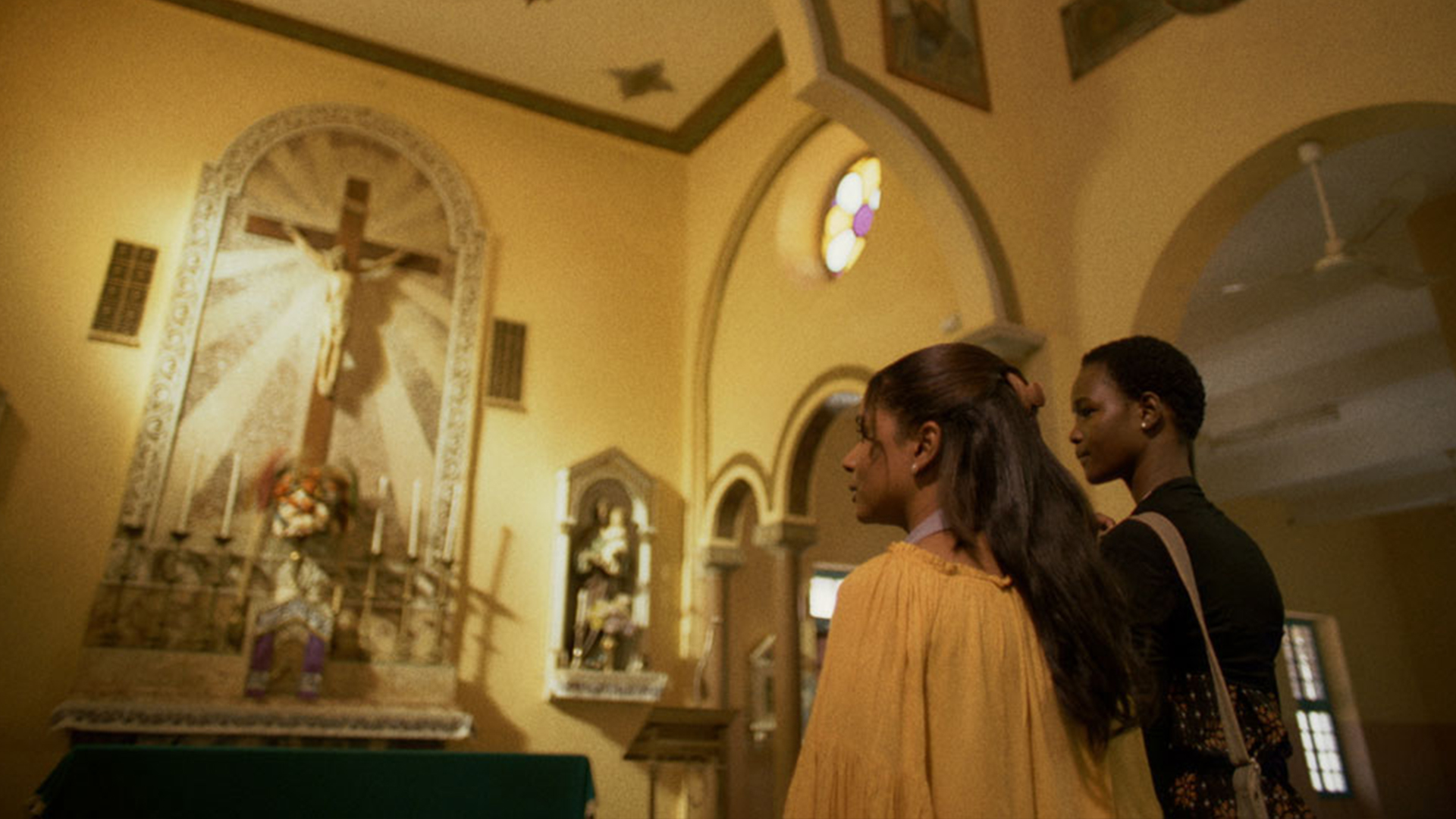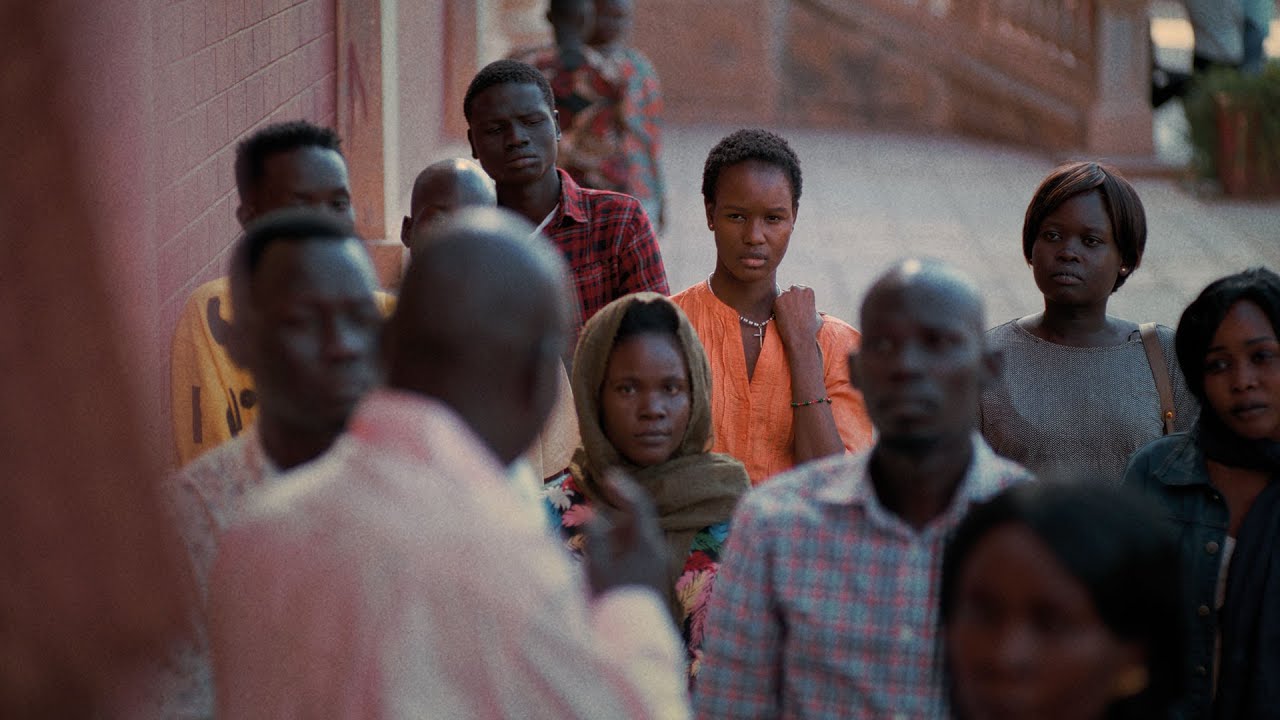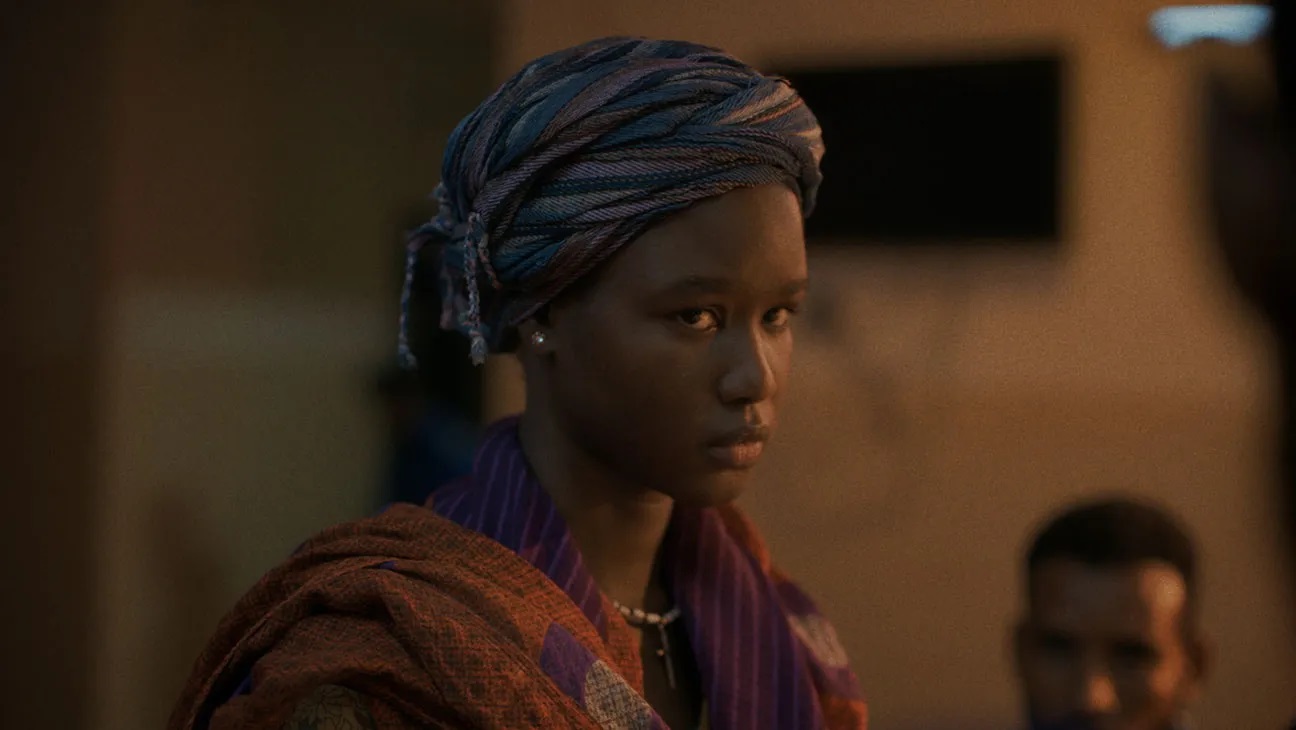Earlier this year, Mohamed Kordofani's debut feature, Goodbye Julia, was crowned the first Sudanese film at the Cannes Film Festival. As of this weekend, after touring the world, it landed in the grounds of the El Gouna Film Festival.
Goodbye Julia was first premiered to a vast audience at the Cannes Film Festival. The screening garnered standing ovations for the addressing of the ongoing Sudan conflict. The film's global presence extended to over 30 international film festivals.
The movie was also selected as Sudan's Best International Feature Film at the 96th Academy Awards 2024. Notably, this nomination received backing from executive producer Lupita Nyong'o.
About Mohamed Kordofani

Sudanese filmmaker Mohamed Kordofani, residing in Bahrain, transitioned from a career as an aviation engineer to become a largely self-taught filmmaker. His 2015 short film Gone for Gold earned him the title of best director at the Sudanese Taharqa International Award for Arts.
Kordofani's second short film, Nyerkuk, received acclaim, securing awards at the Carthage Film Festival and the Oran International Arabic Film Festival. Supported by grants from various organisations, including the Arab Fund for Arts and Culture and the Red Sea Fund, his films address social issues and historical contexts.
Goodbye Julia's Dichotomy

Goodbye Julia reflects Sudanese issues that are often overlooked. By navigating racism, religious tensions, and xenophobia, the film discussed the Sudan's struggle for unity.
It is set in the years leading up to South Sudan's secession. It explores a tale of guilt, redemption, and unexpected connections between two Sudanese women, Mona and Julia, portrayed by Eiman Yousif and Siran Riyak.
Mona, a wealthy Muslim from the north, and Julia, a poor Christian southerner, find their paths unexpectedly crossing after a tragic incident. With that said, we get to see a humane story where friendship blossoms amid conflicting societal norms and its challenges of stereotypes and prejudices.
Political and Personal Intersection

The storytelling ensures that the political context enriches rather than overwhelms the personal narratives. The film doesn't just serve as a history lesson but an emotional journey navigating the complexities of class, ethnicity, and religion.
The atmosphere of Khartoum in 2005, with its echoes of gunshots and tension, becomes a character itself. The filmmakers seamlessly gave us a glimpse of major catastrophes with a cinematic rhythm that mirrors Sudan's history.
Global Recognition of Sudan

As Goodbye Julia unfolds its powerful narrative, it not only brings Sudanese issues to the forefront but also stands as a worldly introduction to the cinema of Sudan. Mohamed Kordofani's attempt to invite audiences worldwide to witness history in a place rarely seen on screen was not in vain.
After hitting the Egyptian cinemas, it achieved record-breaking box office sales for foreign films in Egypt within two weeks. The film expanded its theatrical release, premiering in France and the Gulf countries. As a result, viewers from around the globe got to foster a deeper understanding of Sudan's past and present.







